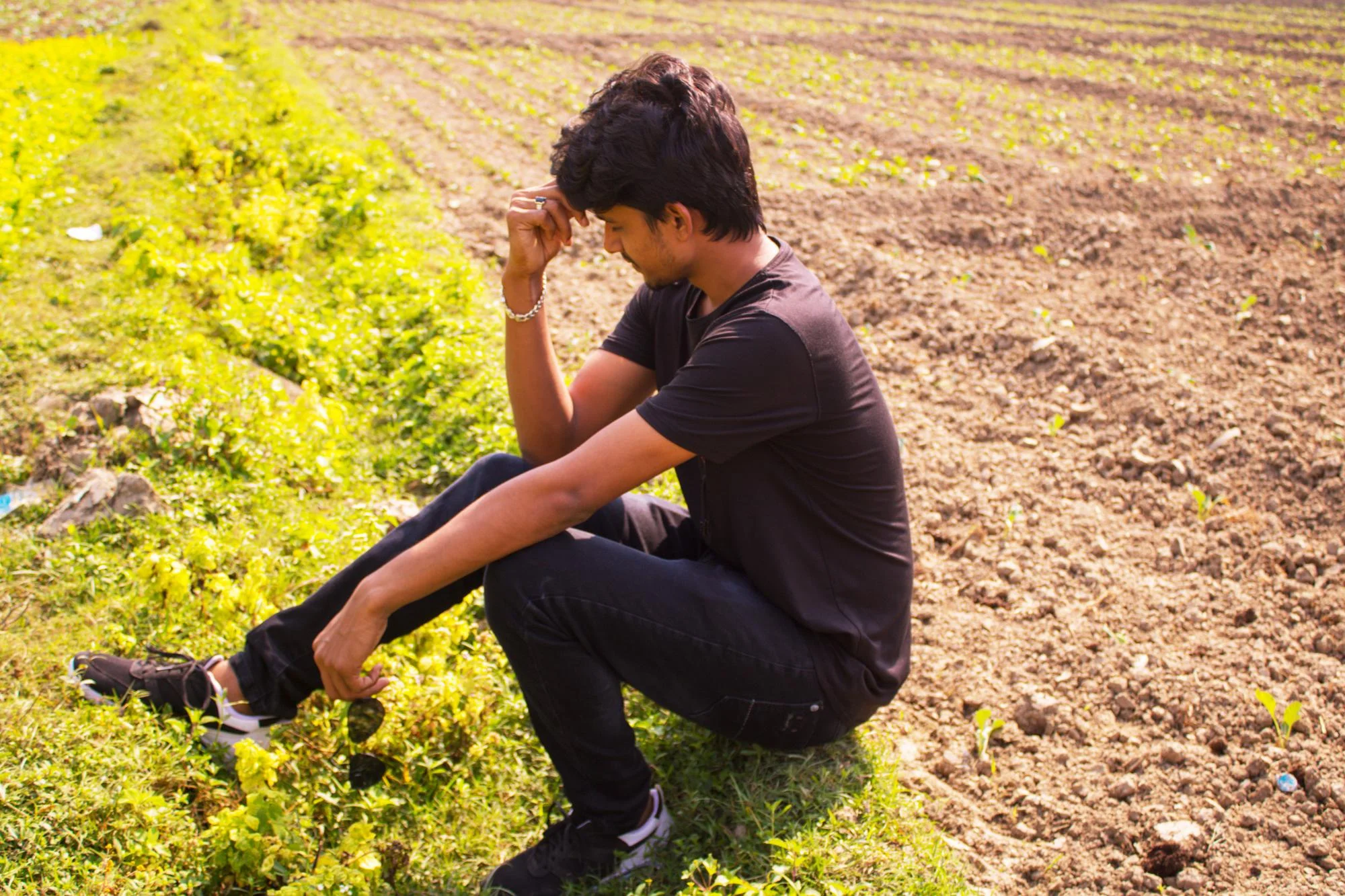Introduction
Global warming is a pervasive threat that impacts communities on a granular level, altering the landscape of occupational health and productivity. In the tropical climate areas, notably in agricultural domains, this threat poses a particular risk to farmers who depend on their physical labor to earn a living and maintain food security. A recent study published in the Journal of Environmental and Public Health has highlighted the impact of heat on health and productivity among maize farmers in Gombe province, Nigeria. This topical issue has broad implications for public health policy, occupational safety, and sustainable agriculture especially with the impending progression of climate change.
Methods and Measurement
In a detailed cross-sectional study by Sadiq Lukman Shiji and colleagues at the Department of Environmental and Occupational Health, Faculty of Medicine and Health Sciences, the environmental conditions and health outcomes of 396 randomly selected maize farmers were analyzed. The researchers utilized the Wet Bulb Globe Temperature monitor (WBGT) Model QuesTemp 35 to record heat indices during peak working hours. The study identified that the mean heat index far exceeded the safety threshold level established by the American Conference of Governmental Industrial Hygienists (ACGIH).
Findings on Health Outcomes
The challenging environmental conditions led to an array of adverse health outcomes among the farmers. With unprecedented frequency, respondents reported heavy sweating (93.2%), tiredness (48.5%), dizziness (34.1%), and headache (40.4%). These are symptoms typically associated with heat stress disorders—a spectrum of conditions that arise due to prolonged exposure to high temperatures without adequate hydration and rest.
Productivity Implications
Furthermore, there was a noticeable decline in productivity correlating with the intensity and duration of heat exposure. Researchers observed a significant difference in productivity among farmers at different times of the day, wherein the hottest hours yielded the lowest output.
Discussion and Potential Solutions
The study offers crucial analysis for policy formulation, pointing to the urgent need for interventions that mitigate heat exposure risks. Some strategies include developing heat-resistant crop varieties, promoting heat stress-awareness programs, and implementing agricultural practices that minimize outdoor work during the hottest part of the day.
References
The original article references are extensive and pivotal to understanding the broader context of the study:
1. UNEP. The Emissions Gap Report 2014: A UNEP Synthesis Report. Nairobi, Kenya: UNEP; 2014.
2. Inbaraj S., et al. “Impact of heat stress on immune responses of Livestock: a review.” Pertanika Journal of Tropical Agricultural Science. 2016;39(4):459–482.
3. IPCC. Climate Change 2013: The Physical Science Basis. Geneva, Switzerland; 2013.
4. NASA. Climate Change and Global Warming. Washington, DC, USA: NASA; 2016.
5. Kjellstrom T., et al. “The ‘hothaps’ programme for assessing climate change impacts on occupational health and productivity: an invitation to carry out field studies.” Global Health Action. 2009;2(1):2082.
The study is enriched with a DOI, offering a persistent and unique identifier to access the document digitally: 10.1155/2019/9896410.
Keywords
1. Heat Stress Agriculture
2. Occupational Health Farming
3. Climate Change Productivity
4. Tropical Farming Risks
5. Maize Farming Hot Climates
Conclusion
Admittedly, while the paper is a profound call to action, advocating enhanced monitoring and adaptation strategies to protect farmworkers, its power lies in the unity between various stakeholders in recognizing and responding to the palpable threat of heat on health and agriculture. Actionable solutions, sustained research, and multi-lateral cooperation are imperative to safeguarding the well-being and productivity of those who toil under the scorching heat, ensuring that their labor continues to sustain and nourish nations without costing their health.
As the climate crisis encroaches on agricultural norms, this study serves as a testament to the resilience and vulnerability of the human spirit against the backdrop of environmental upheaval. The plight of maize farmers in Nigeria is a mirror reflecting a global issue, thus urging international solidarity to contrive mitigative and adaptive responses toward a world that can withstand the heat.
